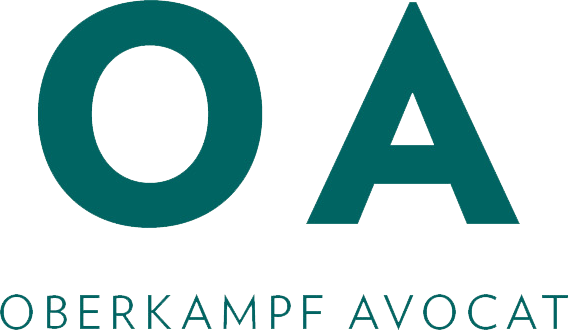Here are some sustainability highlights from the month of November 2021:
COP26 fails – After months of preparation and two weeks of negotiations ending November 12, 197 countries adopted the Glasgow Climate Pact. While consensus should generally be applauded, the 11th hour change in the wording of the agreement, from “phasing out” to “phasing down” coal made it impossible for the summit to reach its initial goals. Beyond diplomatic shortcomings, prospects aren’t encouraging. New projections from Climate Action Tracker reflect that even with a full implementation of COP26 pledges and long-term targets, global temperatures will increase by 2.1°C to 2.6°C, well beyond the 1.5°C Paris Agreement goal.
New ESG standards – Early November, the IFRS Foundation Trustees announced the creation of the International Sustainability Standards Board (ISSB) to help enhance the quality, transparency and comparability of ESG reporting. The new Board is intended to develop standards that will provide a baseline of ESG information about companies’ sustainability-related risks and opportunities which will, in turn, help investors and capital markets make informed decisions.
These standards will build upon two prototypes developed by the TRWG, which focus on climate-related disclosures and general disclosures on other material ESG matters.
A first draft of the standards is expected in the first quarter of 2022 for a formal publication by the end of the year.
Circularity, a path towards Sustainable fashion – Global Fashion Agenda and McKinsey & Company released a report on how circularity could be a path towards a sustainable fashion industry. Scaling Circularity, which was published on November 23, sets the stage with a bleak reminder that the clothing and textile industry accounts for approx.. 4% of global CO2eq emissions with 70% of GHG emissions stemming from upstream production. The industry is also responsible for 20% of global wastewater and 35% of all ocean plastic microfiber pollution. Meanwhile, the report points out, “less than 1% of textile waste is recycled into new fibers for clothing.”
There is hope, however, since the authors find that nearly 25% of CO2e emissions could be reduced through circular models, and existing recycling technologies could drive 80% circularity in the industry if they were fully scaled.
Civil courts get jurisdiction over French duty of vigilance law – After almost two years of uncertainty, it appears that things are finally set: the Paris civil court (as opposed to any French commercial court) will have jurisdiction over duty of vigilance litigations.
On November 18, 2021, the Versailles court of appeals ruling in one of the first litigations applying this new law, confirmed that civil courts had jurisdiction over these disputes. This ruling came out approximately a year after a conflicting ruling by the same court.
Aware of this unexpected but regrettable uncertainty, MPs had tried to fill the unintentional gap left by the 2017 law. In July 2021, the French Parliament adopted the Climate and Resilience Bill. Both chambers initially agreed on a provision designating certain civil courts to oversee matters related to the duty of vigilance. The provision, however, was eventually deleted. Months later, French MPs and senators finally agreed to confer jurisdiction to the Paris Civil Court. The new provision can be found at article 34 of the Bill for building confidence in the justice system and will come into force on the day that follows the publication of the adopted Bill.
A roadmap for business & human rights – This month, the UN Working Group on Business & Human Rights published a roadmap for the next decade of business & human rights. Following an assessment of the first 10 years of implementation that was published last June around the 10th anniversary of the UNGPs, the roadmap provides a framework to implement the Working Group’s new targets: a raised ambition, increased pace of implementation, improved coherence and greater impact.
As a very first goal, the Roadmap lists making businesses respect human rights a core element of just transition and sustainable development strategies. Noting that “Respecting people and the planet, by preventing and addressing adverse impacts across business activities and value chains, is the most significant contribution most businesses can make toward sustainable development.”
European directive on corporate due diligence and accountability further delayed – There are growing concerns over this new delay for a regulation that has long been awaited by civil society. In March 2021, the European Parliament had adopted a resolution with recommendation to the Commission on corporate due diligence and corporate accountability and a draft directive from the Commission was expected in June. The year ends without more clarity on the text or a calendar.

